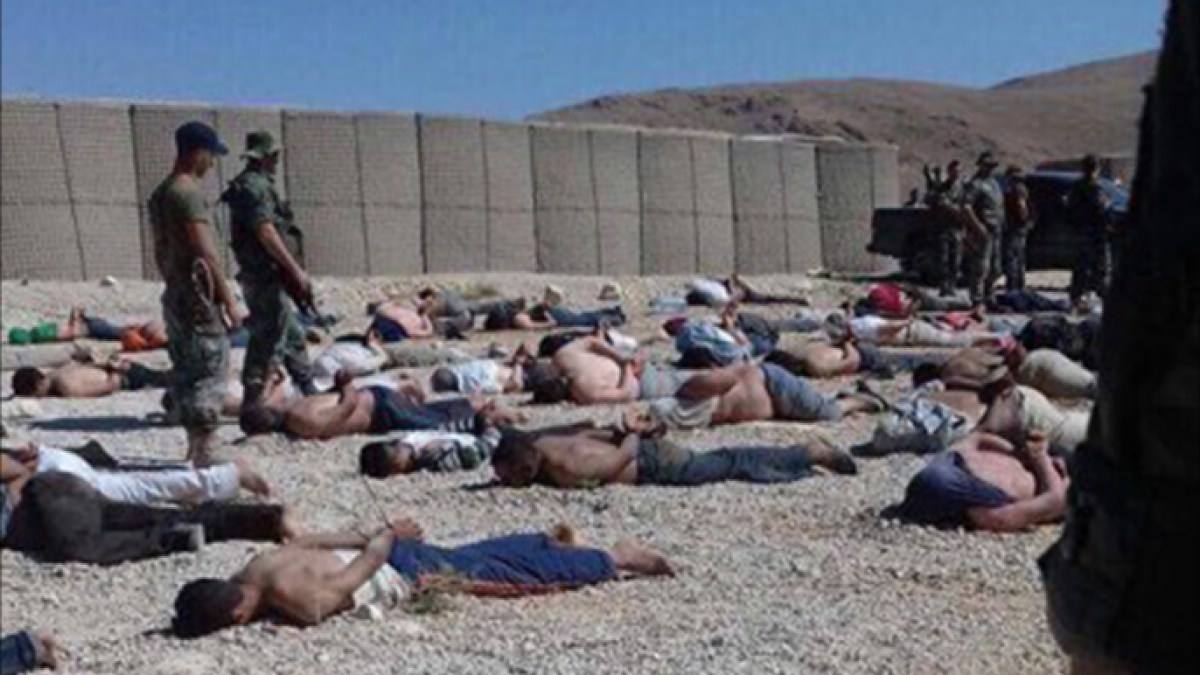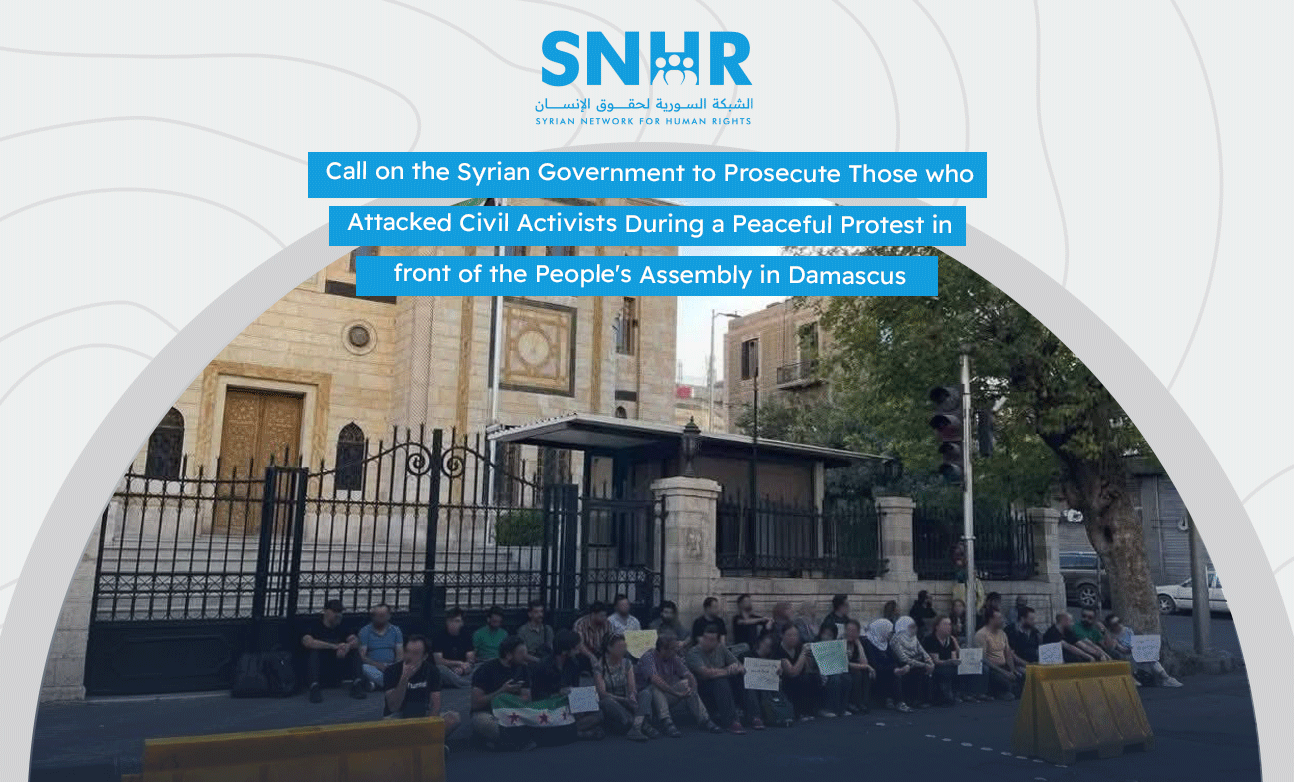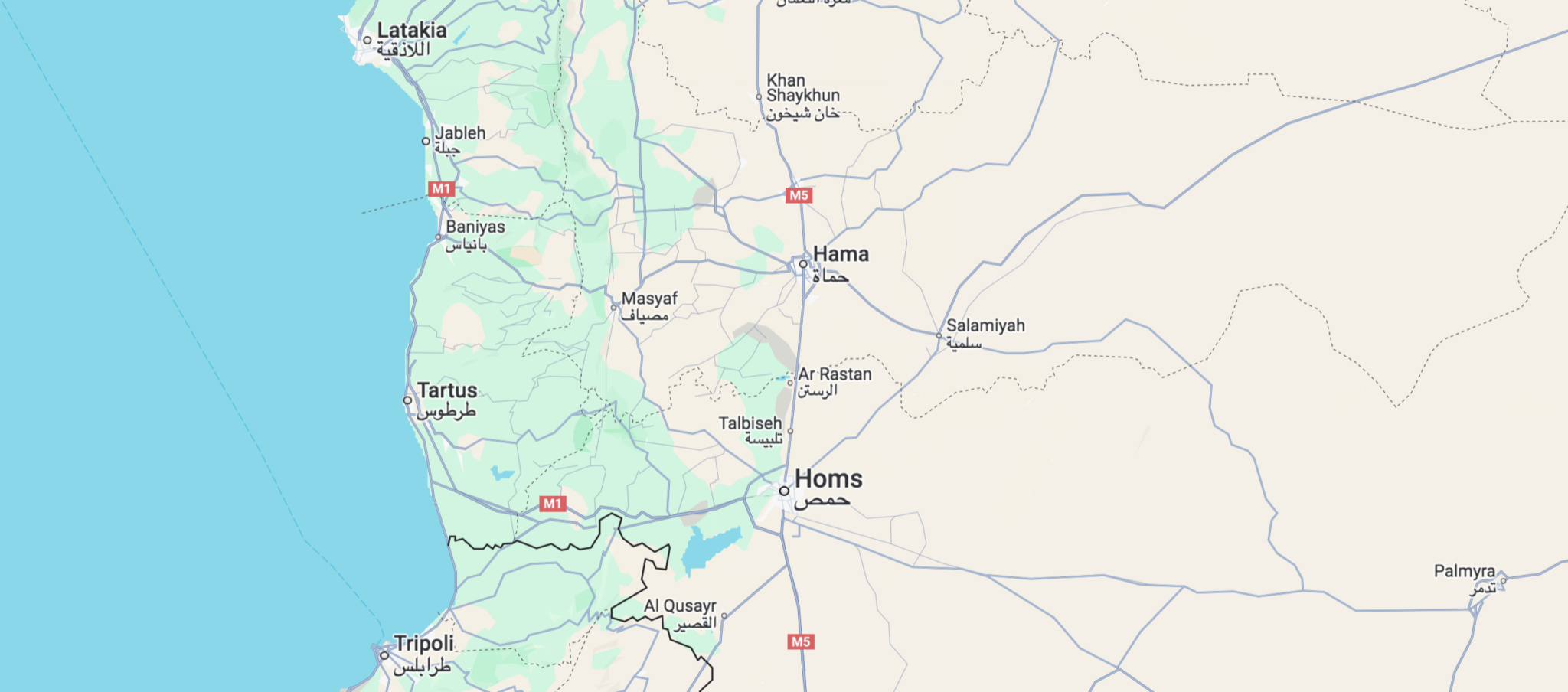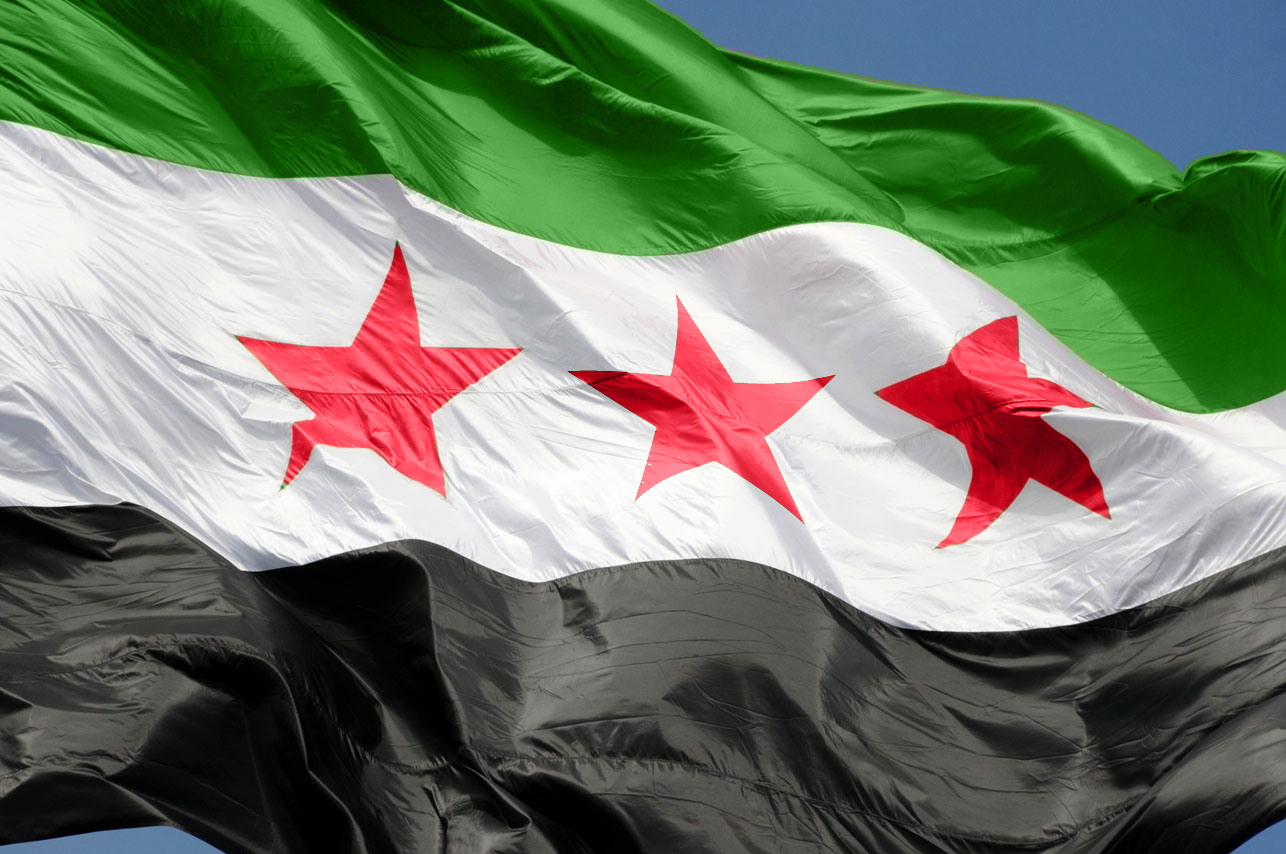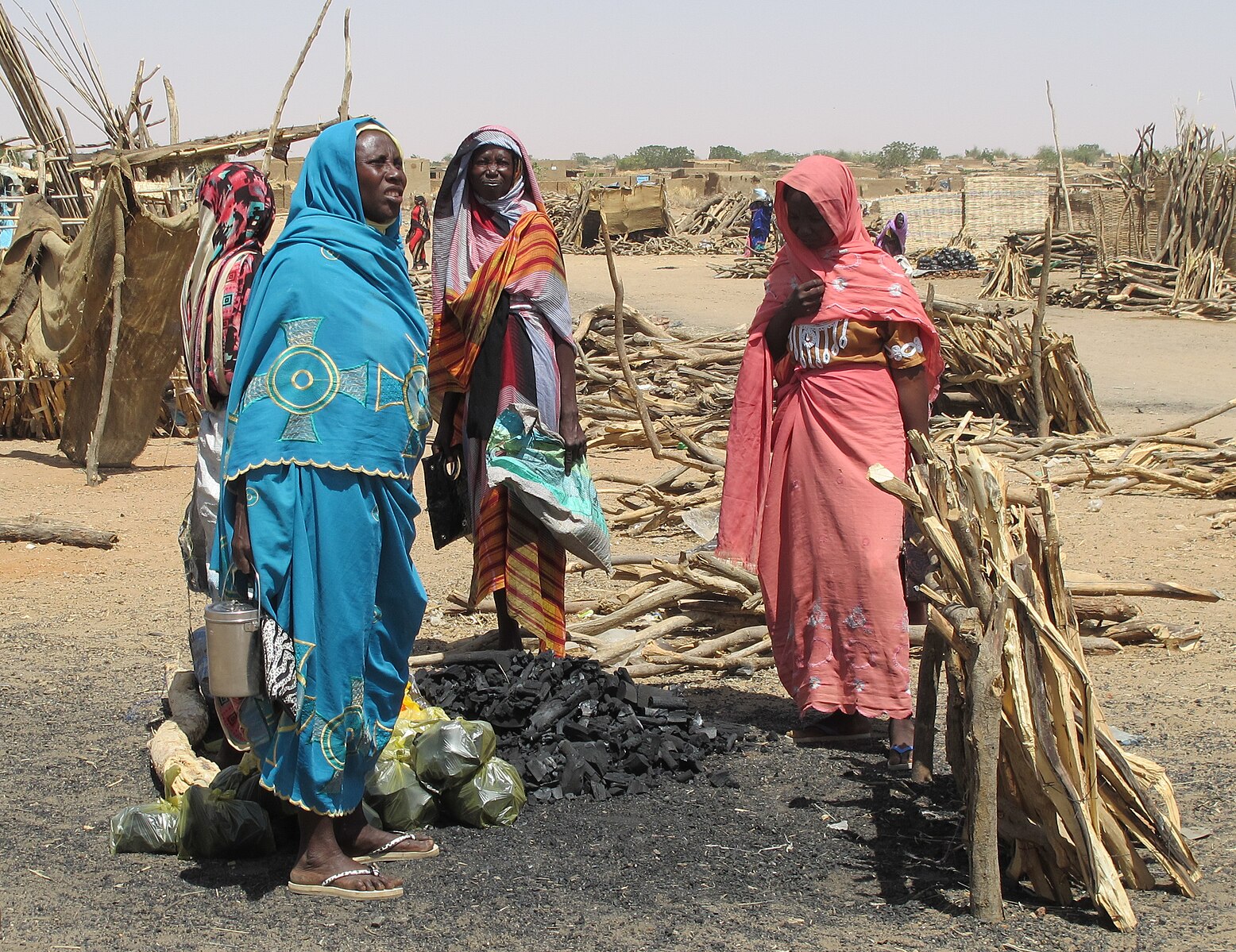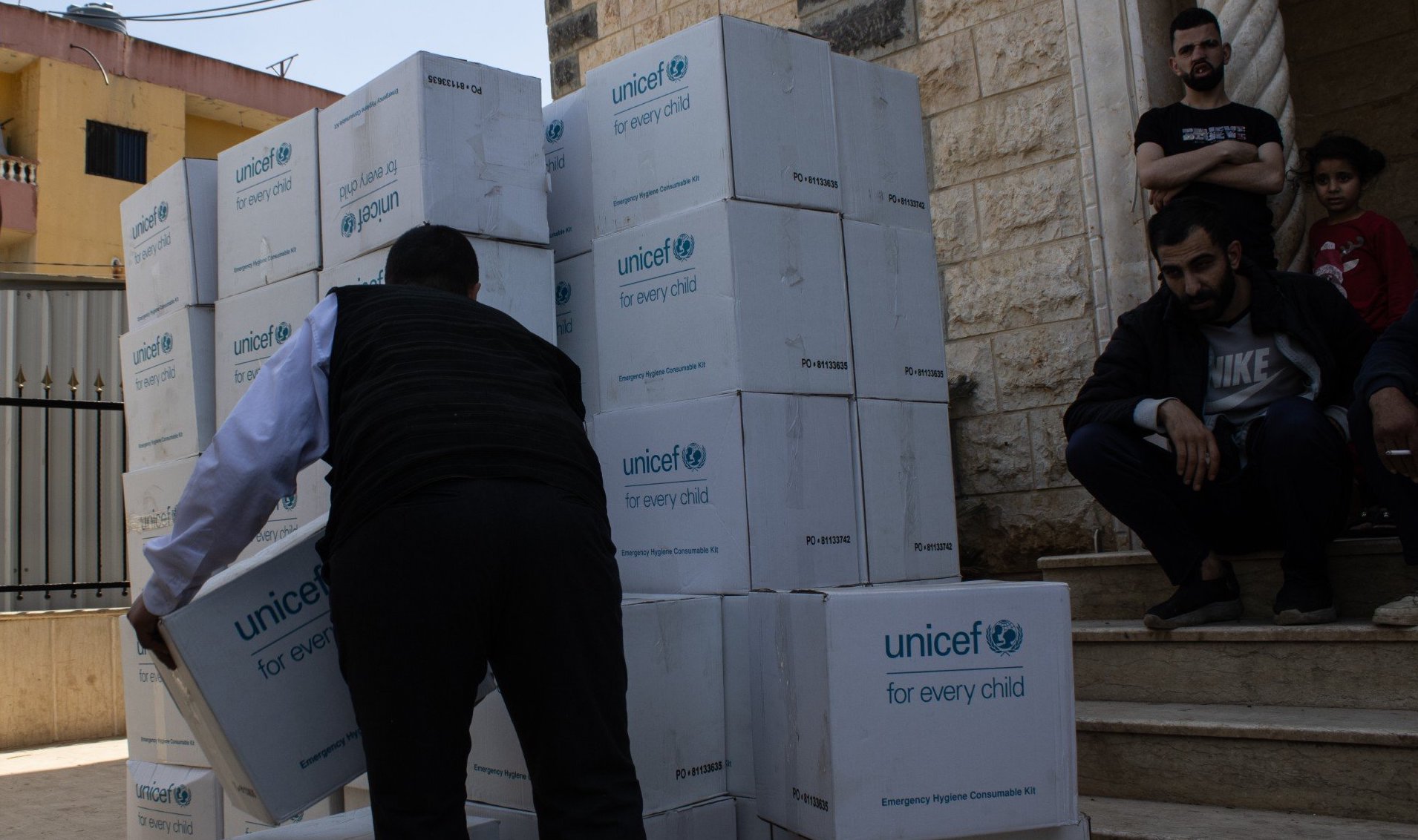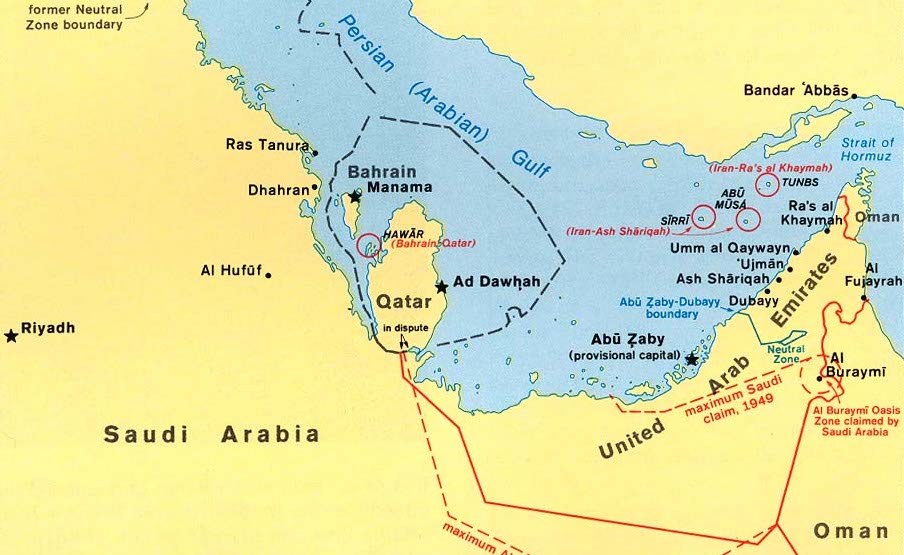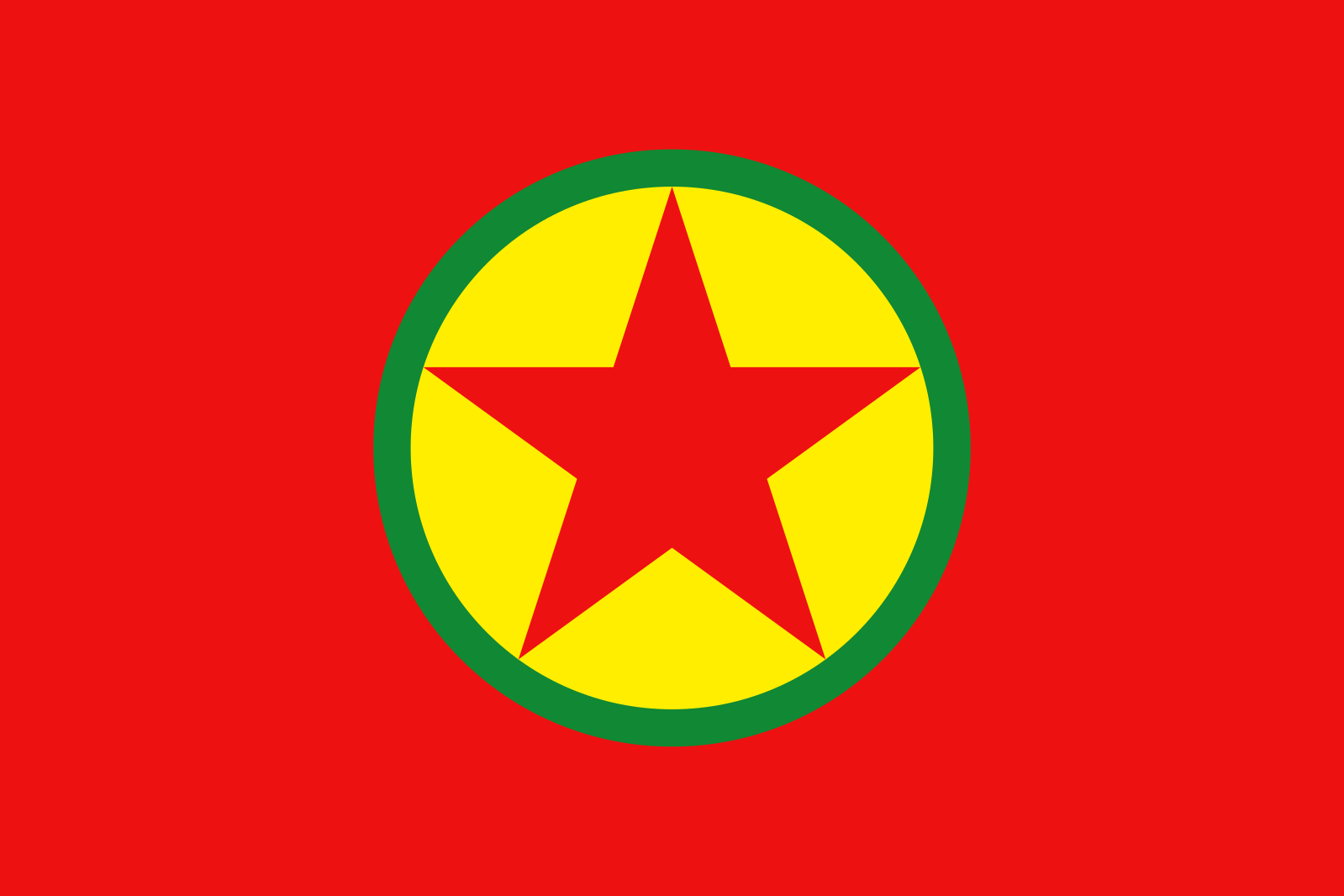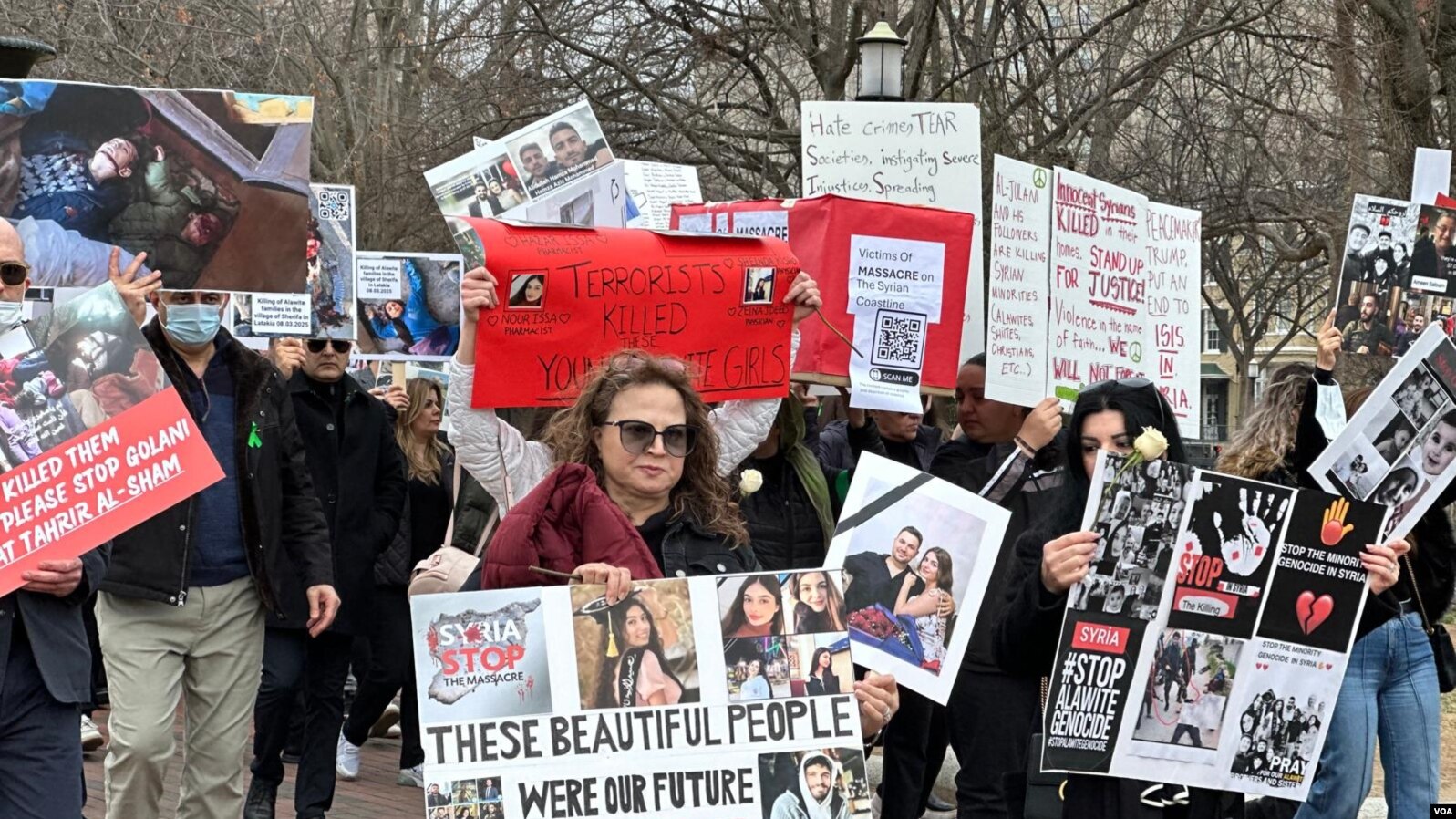
Syria: investigate abductions of Alawite women and girls
Amnesty International called on Syria to investigate abductions of Alawite women and girls, and bring perpetrators to justice. Amnesty reported that at least 36 Alawite women and girls, some underage, have been abducted in Latakia, Tartous, Homs and Hama governorates since March, when a wave of violence against the Alawite community began. In some of these cases, the women were abducted “in broad daylight.” Some are believed to have been subject to forced marriages; others have been held for ransom, and in some cases married to their captives despite ransom payments. Amnesty charged that the Syrian authorities have failed to adequately investigate these abductions. (Photo: Protest against the massacre of Syrian Alawites in Washington DC. Credit: VOA via Wikimedia Commons)



